Baffles
- Optimized Flow Control: Directs coolant to critical areas for uniform cooling.
- High Thermal Efficiency: Enhances heat transfer to minimize cycle times.
- Durable Construction: Withstands high pressures and temperatures without corrosion.
- Customizable Design: Available in various sizes to fit diverse mold configurations.
ISO 9001:2015 Certified Processes
ISO 13485: 2016 Medical Device
IATF 16949: 2016 Automotive
No Minimum Order Quantities
In-Process Inspection with CMM
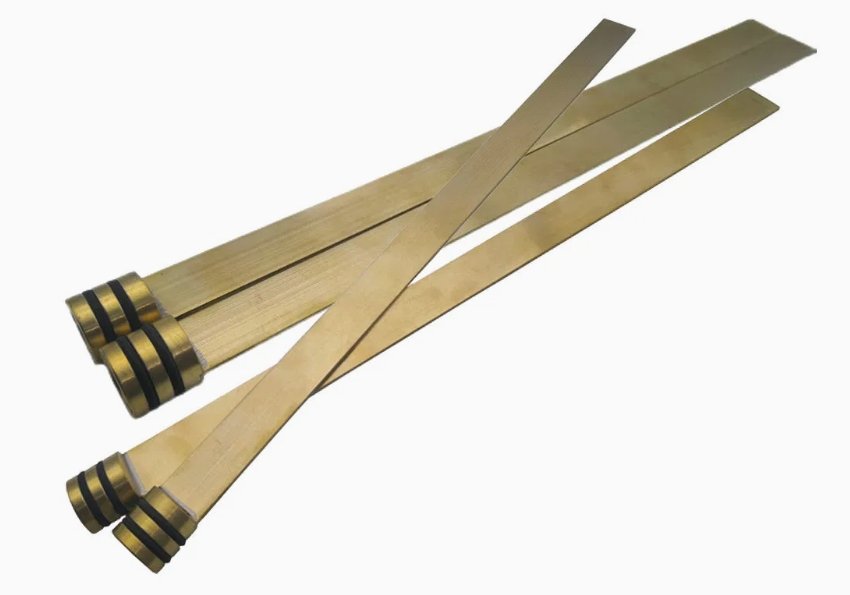
Baffles: Precision Cooling for Injection Molding
Baffles are critical components in mold cooling systems, designed to direct coolant flow within the mold to ensure efficient and uniform temperature control during injection molding. By optimizing heat dissipation, baffles help reduce cycle times, prevent warping, and improve part quality.
Our precision-engineered baffles are ideal for industries such as automotive, electronics, and medical manufacturing, ensuring consistent performance in high-demand applications.
Key Functions
✔️ Channels coolant flow to regulate mold temperature effectively.
✔️ Reduces thermal gradients to prevent part defects like warping or sink marks.
✔️ Shortens cooling cycles, boosting overall production efficiency.
✔️ Ensures consistent part quality in high-volume production runs.
Technical Specs for Baffles
Our processes ensure unmatched consistency and repeatability at fast lead times and affordable pricing.
| Parameter | Specification |
Length | 50 mm to 300 mm (custom lengths available) |
| Diameter Range | 6 mm to 30 mm (custom sizes available) |
Dimensional Tolerance | ±0.01 mm (CNC-machined precision) |
Surface roughness | Polished to Ra ≤ 0.4 μm |
| Baffle vane angle | 15°–45° (optimized per mold design) |
Thermal conductivity (stainless steel) | ~16 W/m·K |
Lead Time | 2-4 weeks (expedited options available) |
Processing Materials
We manufacture baffles using high-quality materials to ensure durability and performance:
Stainless Steel
Superior corrosion resistance, ideal for applications where exposure to corrosive materials or high humidity is a concern. Offers good strength and durability. (e.g., 304/1.4301, 316/1.4401).
Brass
Excellent thermal conductivity and good corrosion resistance, suitable for general-purpose cooling applications. (CuZn39Pb3/C3604)
Copper Alloy
Offers the highest thermal conductivity for rapid heat dissipation, beneficial for molds requiring fast cooling cycles. (e.g., C11000)
Custom Alloys
Available for specialized cooling requirements. Choose materials to ensure baffles perform reliably in demanding molding environments.
Post-Processing & Surface Treatments
Our baffles undergo advanced treatments to enhance functionality:

Precision Machining
Ensures tight tolerances for seamless integration into cooling channels.

Polishing
Achieves a smooth finish (Ra ≤ 0.2 μm) to reduce flow resistance.

Passivation
Enhances corrosion resistance for stainless steel baffles.

Optional Coatings
Anti-corrosion coatings for extended lifespan in harsh conditions.
Selection Suggestions
Choose the right baffles with these considerations:
Cooling Channel Size
Match baffle diameter to channel dimensions for optimal flow.
Coolant Type
Select materials compatible with your coolant (e.g., water, oil).
Production Volume
Opt for durable materials like stainless steel for high-volume runs.
Thermal Requirements
Use brass for applications needing faster heat transfer.
Fecision Mold Component Tooling Network
In response to different service types and diverse business needs, we have deployed suppliers with different manufacturing capabilities.
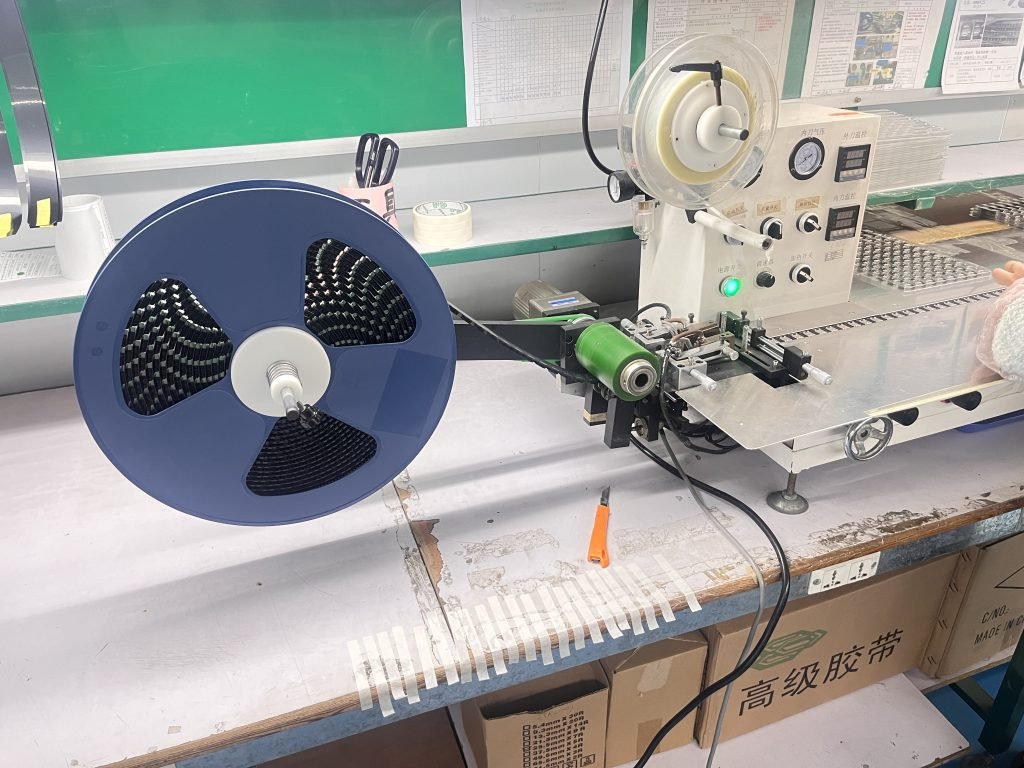
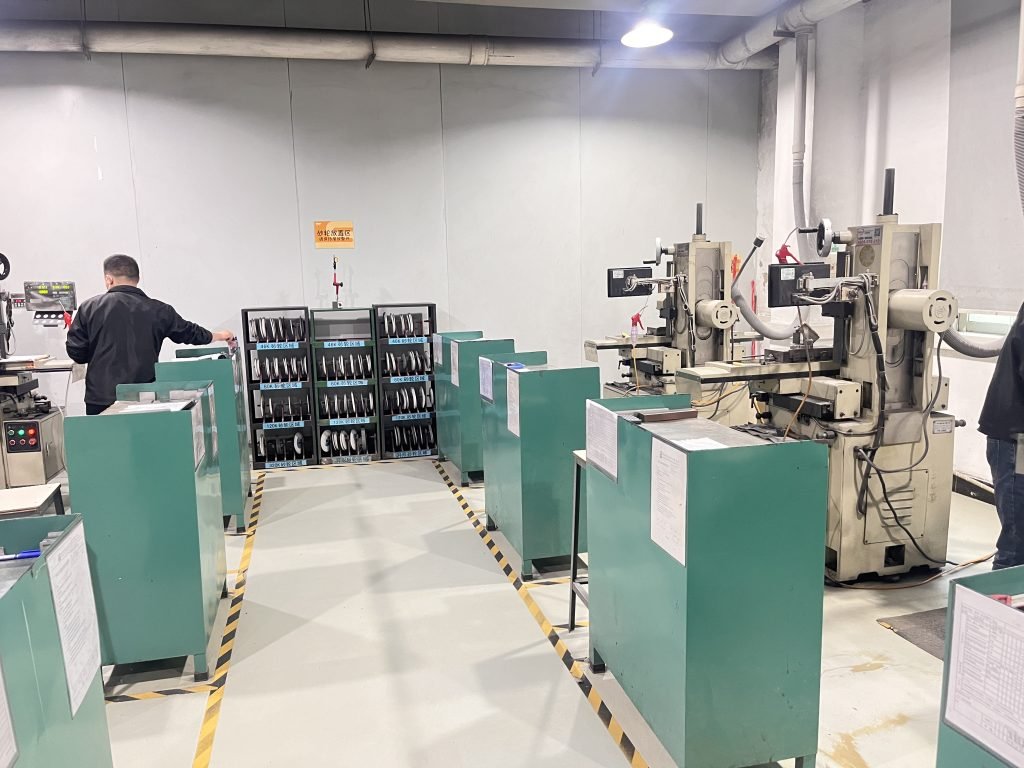
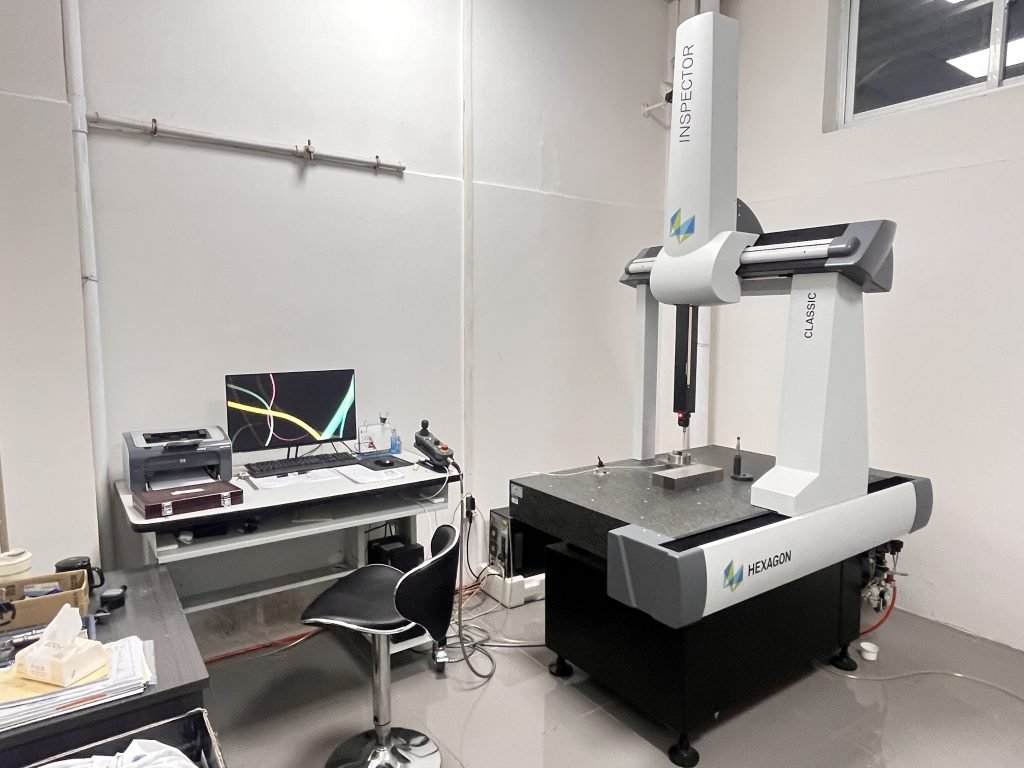
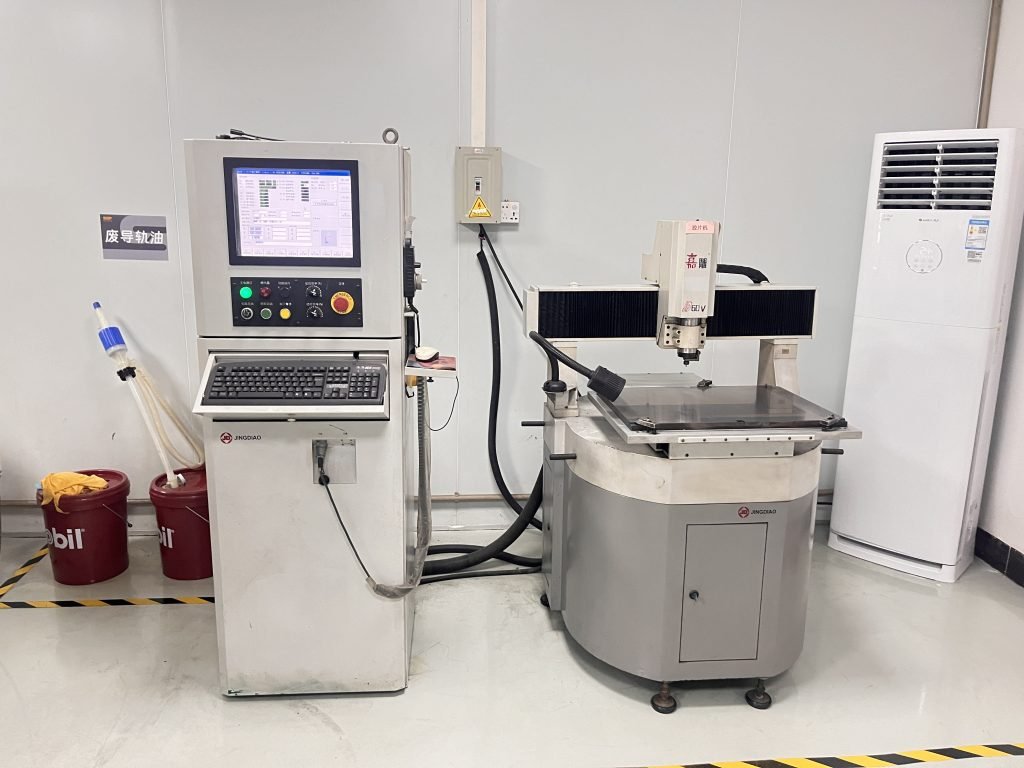
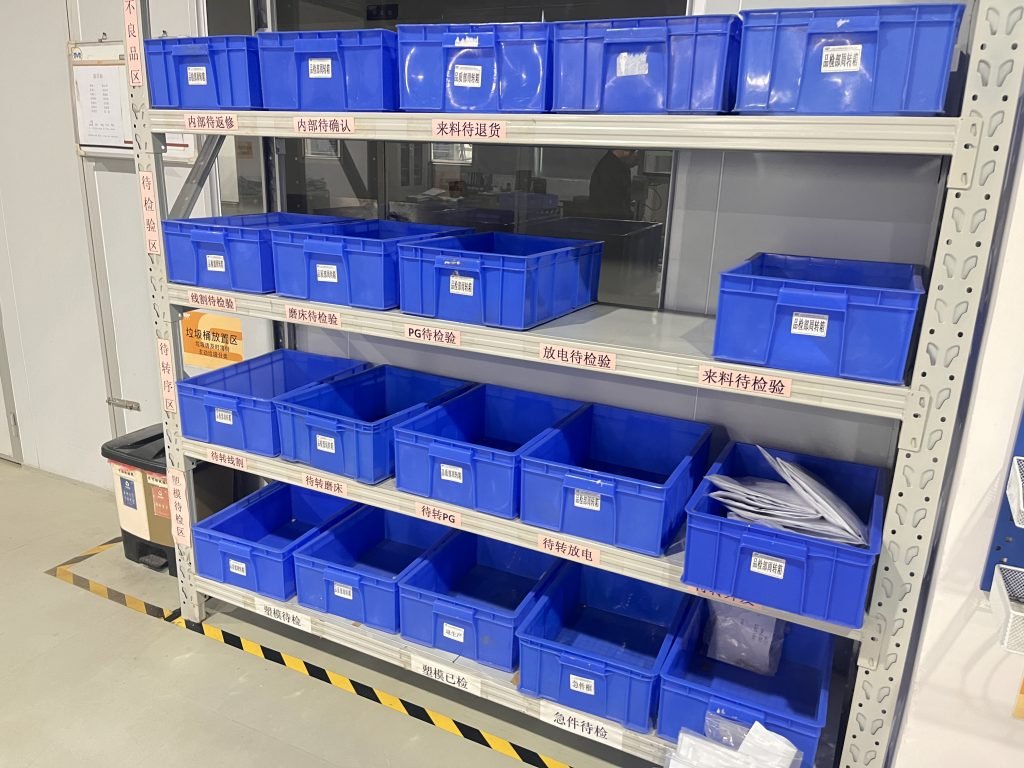
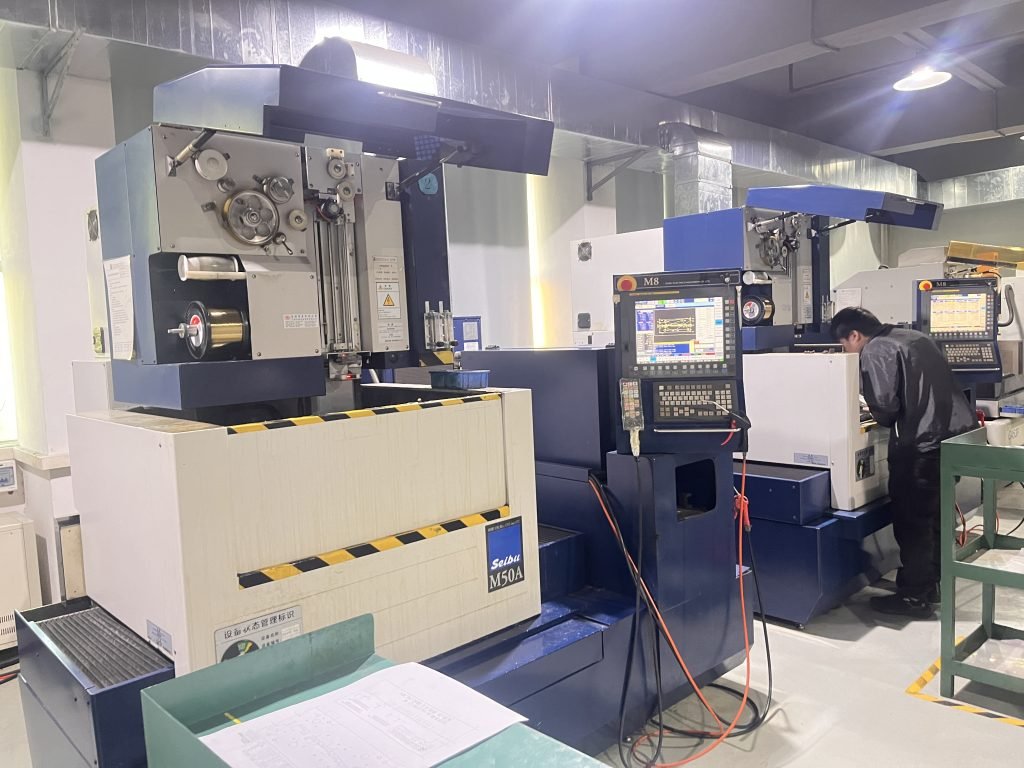

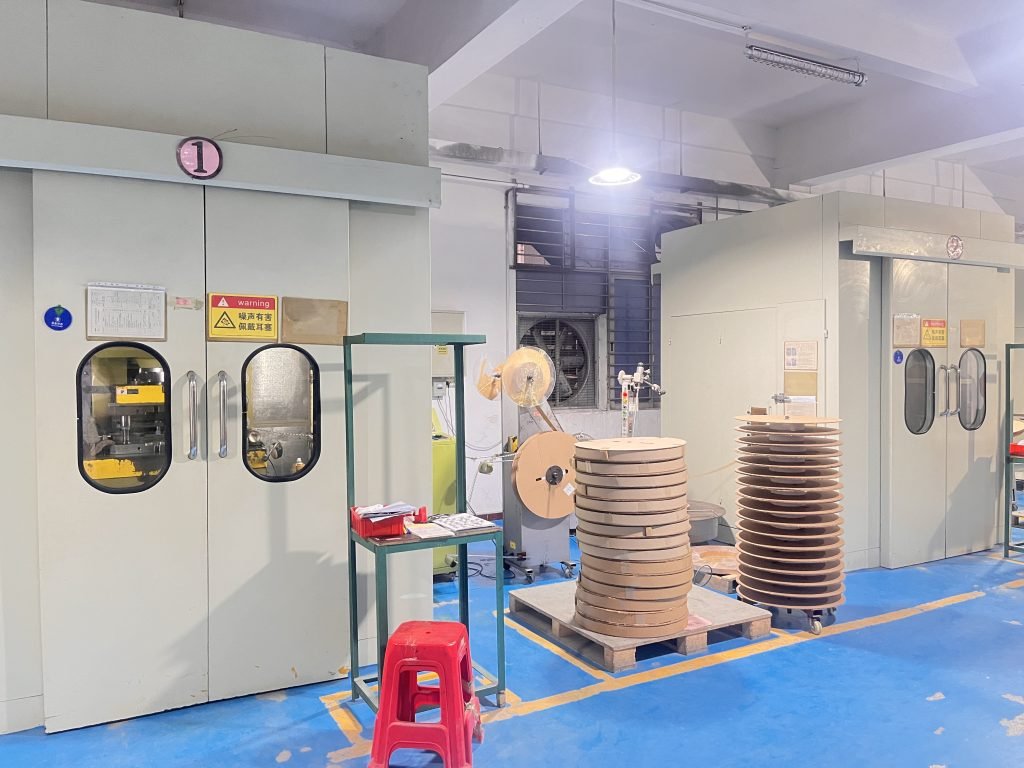
Why Fecision for Mold Components?

Precision and Accuracy
Using state-of-the-art CNC machining, EDM, and other advanced manufacturing techniques, Fecision ensures all mold components meet tight tolerances and high-quality standards.
Customization
Fecision understands the unique needs of each project. Our team works closely with customers to provide tailored solutions, ensuring that each component fits perfectly within the target mold system.
Rapid Prototyping
Fecision offers rapid prototyping for mold components, enabling customers to test and refine designs quickly before moving into full production.
End-to-End Services
From initial design and DFM (Design for Manufacturability) analysis to final mold assembly and testing, Fecision handles every aspect of the mold component manufacturing process.
Process for Manufacturing Mold Components
Manufacturability Evaluation
The initial step involves assessing the manufacturablity of the mold component. If it's deemed feasible, we proceed with production immediately. If not, we will provide a detailed DFM (Design for Manufacturability) report to the customer. If necessary, mold flow analysis is performed to simulate the flow of molten material within the mold.
Material Selection
Next, choose the right material for mold parts. Common materials for mold components include steel alloys, aluminum, stainless steel, specialty alloys, etc. If needed, a prototype may be made using rapid prototyping techniques (e.g., 3D printing, CNC machining) to test the design for fit, function, and manufacturability.
Mold Components Manufacturing
Once the design and materials are finalized, the mold component undergoes CNC machining. If required, the mold component may undergo heat treatment, depending on the material and intended application. For certain components, surface hardening methods such as nitriding or carburizing are applied to increase wear resistance.
Shipping
For molds with multiple components, such as multi-cavity molds or molds with inserts, the individual components are carefully assembled into the final mold system. Once our engineers confirm the product meets all requirements, it will be shipped. We maintain ongoing communication to ensure the customer is fully satisfied with the product they receive.
Let's Start!
Together, we can make something remarkable!
Let us turn your vision into reality. Provide us with your project details, and we’ll create a customized proposal designed specifically for you.




